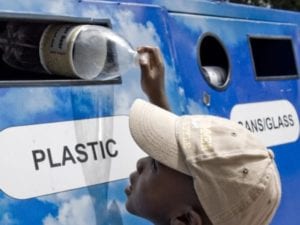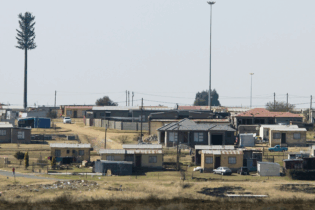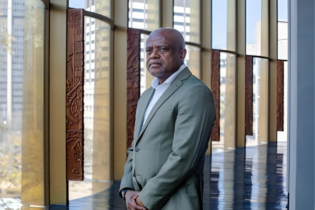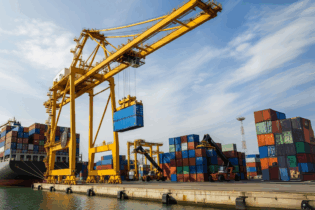The climate is in crisis, but the good news is that it’s not too late to turn things around with small but powerful changes.
According to analysts at Research & Markets, South Africa sends approximately 95 million tonnes of waste to its 826 landfill sites, and less than 40% of the materials are recycled. The nation also produces more than 65 million tonnes of hazardous waste, of which only 6% is recycled. In light of Recycle Week this month, South Africans are called upon to ‘Step It Up’ and play their part in saving the planet. Now in its 18th year, Recycle Week, taking place from 20 – 26 September 2021, is an annual event to highlight the importance of recycling across the nation. During this week, retailers, brands, waste management companies, trade associations, and the media aim to encourage South Africans to come together to achieve one common goal: increase recycling efforts in the country. Greater interest in the green economy Proudly South African disruptor Red Cup Village, whose 3D printed, biodegradable designs and product offerings merge innovation and sustainability into one, is leading the pack of South African businesses making a difference. The company is encouraging South Africans, particularly the youth, to take a greater interest in the green economy, starting with International Clean-Up & Recycle Week 2021. “We want to educate fellow South Africans on the importance of sustainability and sustainable living. Investing in green growth can reduce poverty, inspire job creation, and general economic growth, which South Africa needs more than ever,” explains Luvuyo Ndiki, founder and managing director of Red Cup Village.To achieve this, the company uses 3D scanning & 3D printing technology to produce high-quality and innovative products that help users make a difference in society.
3D printing, or additive manufacturing, is the process of making three-dimensional solid objects from a digital file. An object is created during an additive process by laying down successive layers of material until the object is created. Each of these layers can be seen as a thinly sliced cross-section of the object. “What usually takes up to two years to construct with traditional manufacturing takes a matter of hours using 3D printing. Nowadays, consumers want products that work well and they want them now, and it’s up to manufacturers to meet these demands”, continues Ndiki. An eye on the future Establishing a ‘circular economy’ is among the visionary ideas being championed to address the problem of waste. The idea relies on developing an economy where the value of waste is never lost – incentivising against illegally discarding plastic waste so that these materials can be collected, sorted, and used to make new plastic products. On this front, Red Cup Village has distinguished itself for its commitment to using locally-grown raw materials derived from corn-starch, sugarcane, and recycled plastics. In so doing, the company hopes to functionalise the ‘circular economy’ and kickstart the sustainability project in South Africa. “The future is our collective responsibility, and the actions we take in the present day are what will allow it to take shape. This is why we’re encouraging all South Africans to actively participate in Clean-Up & Recycle Week SA this year and in years to come. The future generations will thank us!” concludes Ndiki.





